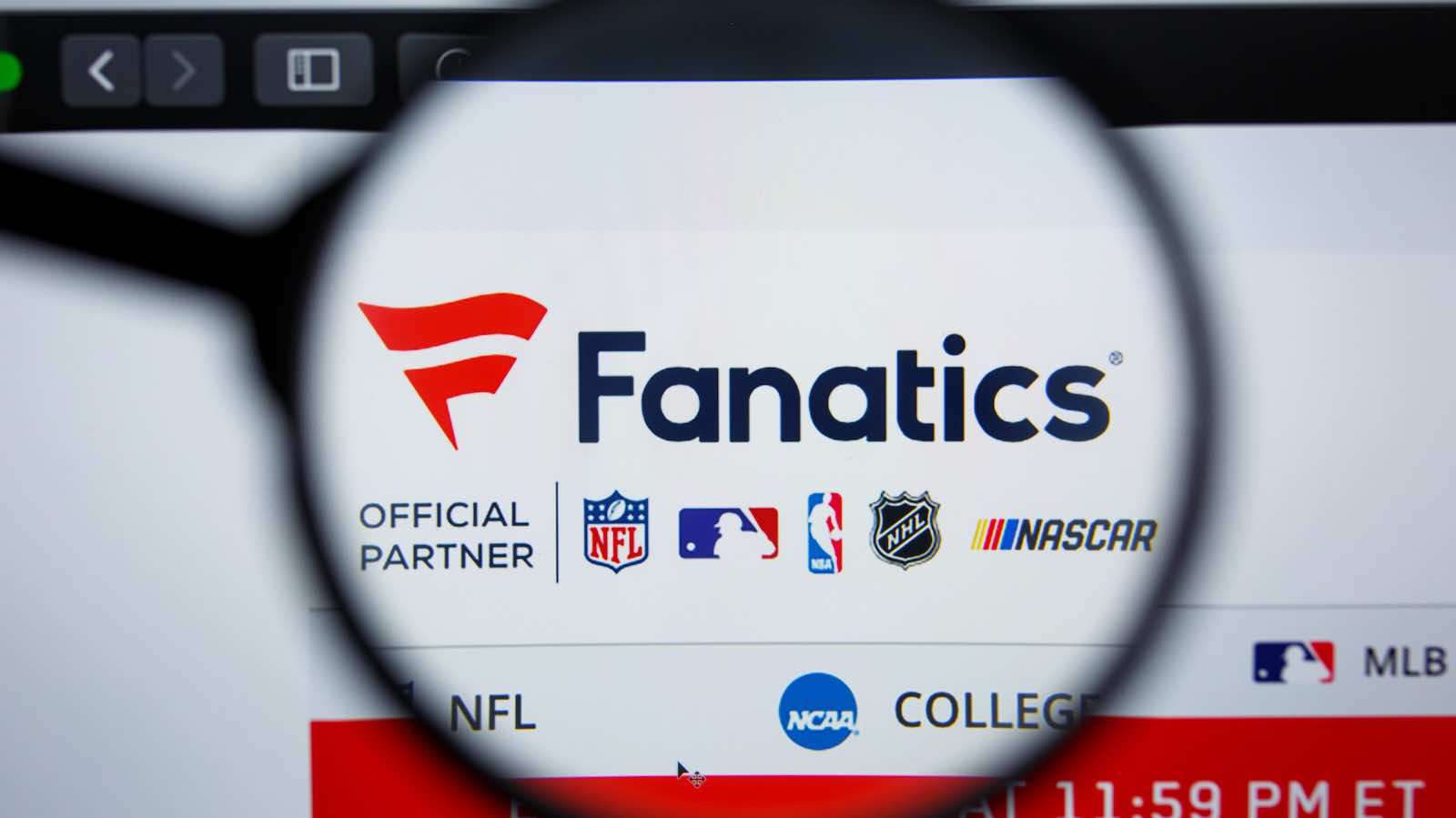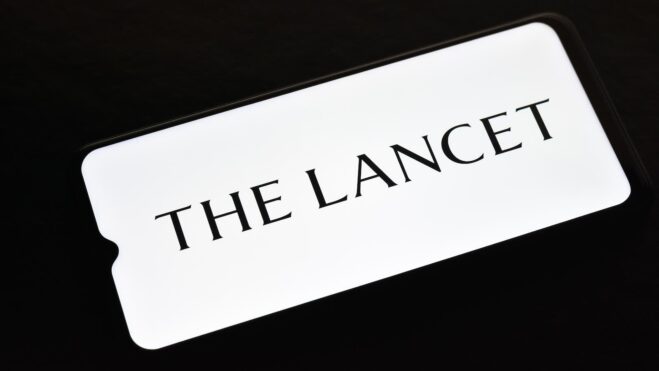Ex-DraftKings VIP Boss Appeals To Overturn Court’s Limitation On His New Role With Fanatics
While the main cause of action is pending in district court, Hermalyn is seeking to get to work on expanding Fanatics' book of VIP clients.
2 min

A former DraftKings VIP executive who has taken his legal battle to appeals court is asking to overturn an April 30 court ruling that restricts the type of work he can do for his new employer, the DraftKings rival Fanatics, and where he can do it.
The executive, Michael Hermalyn, filed the brief to the First Circuit Court of Appeals on Wednesday in seeking to overturn the execution of a non-compete agreement he had with DraftKings.
“The provisions of the preliminary injunction enforcing DraftKings’ non-compete covenant against Hermalyn should be vacated. In the alternative, those provisions should be narrowed to exclude California,” Hermalyn’s lawyers conclude in their appeal brief.
Hermalyn was the main conduit at DraftKings for many of its biggest VIP customers, known in the gaming industry as “whales.” DraftKings’ claim is that Hermalyn misappropriated trade secrets of the company to benefit his new employer Fanatics, Inc.
A key to the dispute is that Hermalyn moved from Massachusetts, where DraftKings is located, to California just before taking the job with Fanatics — which has a subsidiary that he now runs in California.
“California has a fundamental policy against the enforcement of non-compete covenants,” Hermalyn’s attorneys wrote to the First Circuit.
U.S. District Judge Julia Kobick of Boston sided with DraftKings while applying Massachusetts state law, leading to Hermalyn’s appeal.
A California judge has ordered DraftKings to “show cause” at a hearing on June 4 why a preliminary injunction should not be issued to block the company from enforcing the non-compete deal with a new California resident.
Legal tussle began earlier this year
In the April 30 ruling by Judge Kobick, she wrote: “Hermalyn will not be enjoined from working for Fanatics; rather, he will be enjoined from providing services to Fanatics that relate to any aspect of DraftKings’ business for which he performed services or received confidential information, as defined in the agreement, during the six months before Feb. 1, 2024.”
In response, Fanatics struck back:
“Although we disagree with certain aspects of the Court’s ruling, we appreciate that the Court rejected DraftKings’ efforts to prevent Mike from working for Fanatics,” the company announced. “Mike is looking forward to rolling up his sleeves and building Fanatics’ business consistent with the Court order. The Court’s order is preliminary, and Mike eagerly awaits his opportunity to present his case on the merits based on a full record.
“It’s unfortunate that DraftKings’ cheap attempt at petty retribution against a former employee — who simply wanted to take advantage of a better opportunity for himself and his family — will now undoubtedly continue to be used to instill fear and intimidation across DraftKings’ entire employee base. Those employees, now scared into staying in that toxic culture, will be the real losers in this case.
“We’re also a bit dismayed at the breadth of the Court’s ruling in light of the FTC’s recent rulemaking designed to promote employee mobility and free competition — but Mike is committed to advocating for what is fair and just in the final resolution of this matter.”
A statement by DraftKings on the April 30 ruling was equally blunt.
“Today’s ruling by the Court is another victory for DraftKings in its effort to hold Mr. Hermalyn accountable for his brazen attempt to clone DraftKings’ successful VIP program by stealing DraftKings’ employees and trade secrets.
“We are pleased the Court enforced Mr. Hermalyn’s non-competition obligations in the United States, including ordering him to cease providing services for Fanatics relating to the work he performed for, or the information he obtained from, DraftKings.
“The Court also correctly ordered Mr. Hermalyn not to solicit DraftKings employees, not to use any confidential company information, and not to destroy or delete documents containing DraftKings’ confidential information.”






